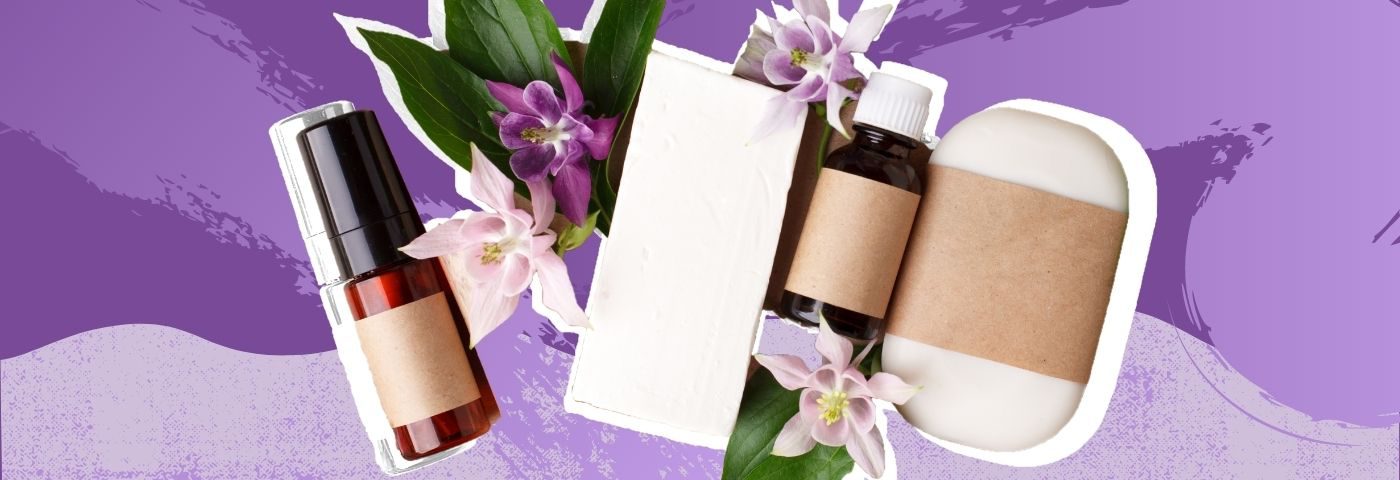Every month, Simon Pitman (Editor, Journalist) takes a look at what’s shaken up the industry. From acquisitions to launches and everything in-between, don’t miss the latest cosmetics news, only here at in-cosmetics Connect.
L’Oréal results show uptick in fourth quarter
The world’s biggest cosmetics company has revealed its full-year 2020 results, showing that overall sales took a hit from the pandemic, with signs of recovery in the fourth quarter. Full-year sales came in at €27.99 billion, which represented a like-for-like decrease of 4.1% compared to 2019, and a dip of 6.3% on a reported basis.
Across the company’s four principal business divisions, the hardest hit was professional products, where sales fell by 10.0% during the year, impacted by the closure of beauty salons and hairdressers in many key markets. Consumer product sales fell by 8.2% and the Luxe division recorded a hit of 7.6% during the year, while the one bright spot was Active Cosmetics, which were up by 13.0% during the period.
However, for the fourth quarter group sales were €7.87 billion, an increase of 4.8% in like-for-like sales, and a figure that was level on a reported basis. The fourth-quarter figures showed a marked recovery in North America where sales were down just 0.1% on a like-for-like basis, while in Asia Pacific gains were considerable, showing an increase of 16.6% for the quarter. The results showed that the hardest impacted regions were North America and Western Europe, where results were impacted by the pandemic and subsequent public health measures.
“In 2020, the Covid-19 pandemic, which spread across the world, triggered a crisis of supply due to the widespread closure of points of sale which led to an unprecedented, if temporary, decline of the beauty market,” said Jean-Paul Agon, Chairman and CEO of L’Oréal.
Agon went on to comment that during the pandemic, the company had put the protection of its workers as a priority, while also doing its bit to stop the spread of the virus by donating millions of units of hand sanitiser and hand cream to health care and frontline workers.
“After demonstrating its resistance over the first half of the year, the Group engaged the second half with a determined and virtuous dynamic: launching major innovations, reinvesting in business drivers leading to a return to growth like-for-like, with flexibility and rigorous cost control allowing for an improvement in profitability,” Agen said.
“Over the year as a whole, and in spite of the crisis, L’Oréal maintained an operating margin of 18.6%, and generated strong operating cash flow.”
Firmenich aims to be carbon neutral by 2025

Firmenich has ramped up its sustainability ambitions by pledging to be carbon neutral by 2025. The fragrance and taste company says that the goal is part of wider-reaching goals of becoming carbon positive and water neutral within the next 10 years.
The company has committed to goals across three main areas that will see it take action on climate change, embracing nature and caring about people.
As part of this, the company says it will have carbon-neutral operations by 2025 and carbon positive operations by 2030:
- use 100% recycled plastics
- 100% renewable fragrances
- make a commitment to use regenerative agriculture
- creating 5,000 youth job opportunities within its business structure by 2030
“After achieving our 2020 COP21 environmental goals, it is now time to take our ESG leadership in renewable ingredients, conscious perfumery and diet transformation to the next level,” said Gilbert Ghostine, CEO Firmenich.
“Companies that commit today to address vital climate and social challenges will be the trusted winners of tomorrow. By accelerating the pace of our climate transition, we also encourage businesses to join us to create large-scale change.”
On the ingredients side, the company is building on its involvement with the One Plante Business for Biodiversity Coalition by targeting all renewable fragrances, of which 99% of this ingredients portfolio will be biodegradable and lead the global transformation to green proteins as part of efforts to increase soil regeneration.
NU Skin announces new CEO
Global direct sales player, Nu Skin, has announced that Ryan Napierski will become the company’s new CEO from September 1st. Napierski will succeed Ritch Wood, who has had a 30-year career with the company and will continue as an executive advisor through to early 2022.
The company also confirmed that Napierski is expected to take up Wood’s position on the board at the 2021 stockholder meeting in June of this year. Napierski has been with Nu Skin for 25 years and has served as the company’s president for the past four years, while previously serving as president of Nu Skin Japan and leading the company’s strategy in the EMEA.
“The time is right for Ryan to take the reins, consistent with our succession planning process when we stepped into our roles together four years ago,” said Wood.
“Ryan has played a critical leadership role in developing and executing our strategy and evolving Nu Skin into a more customer-obsessed, global, digital-first organization. He exemplifies Nu Skin’s mission and is absolutely the right person to lead the company to even greater heights.”
Unilever results defy pandemic

Unilever finished the year with a strong quarter to deliver a modest sales increase, with beauty and personal care adding positively to the mix too. The company reported underlying sales growth of 1.9% for the full 2020. The total turnover for the 12 month period was €50.7 billion, down 2.4% on the figures for 2019, with a net profit of €6.1 billion, which was up 0.8% compared to 2019.
Speaking about the results, Alan Jope, Unilever CEO, said the performance and underlined the business’s resilience and agility through the pandemic.
“Early in the year, we refocused the business on competitive growth, and the delivery of profit and cash as the best way to maximise value,” Jope said.
“We have delivered a step-change in operational excellence through our focus on the fundamentals of growth. As a result, we are winning market share in over 60% of our business in the last quarter, on the basis of measurable markets.”
Beauty and personal care, which accounts for the biggest share of the company’s three business divisions, recorded sales of €21.1 billion during 2021, an increase of 1.2% in underlying sales growth.
Globally, the beauty and personal care division reported that strict lockdowns in India and China had impacted the overall performance of the business during the first and second quarters, while in North America and Europe the performance of the beauty and personal care business was described as subdued overall.
The company reported that across its global markets, where strict lockdowns were in place consumers had cut spend on personal grooming products, but increased spend significantly on personal hygiene products, which had served to counterbalance the overall result.
Tom’s of Maine opts for paper packaging deodorant
US personal care player Tom’s of Maine has gone for 100% plastic-free packaging for its range of deodorants by opting for paper packaging.
Its Natural Strength Deodorant range will exclusively use paper packaging that will be recyclable, helping to solve the challenge that is created by an estimated 28,000 tons of plastic packaging from antiperspirants and deodorants in the US every year. The company projects that its transition to paper packaging will start to reduce waste by over 60 tons in 2021 alone.
Discussing the switch to paper packaging, Esi Seng, general manager at Tom’s of Maine said: “It demonstrates the bold actions we take so people can choose Tom’s and help protect planet Earth and create a better world. Tom’s of Maine brings the best of science and best of nature together to develop amazing personal care products designed to take care of you, our communities and our planet.”
Hear more about cosmetics in an age of uncertainty on the in-cosmetics Podcast.

